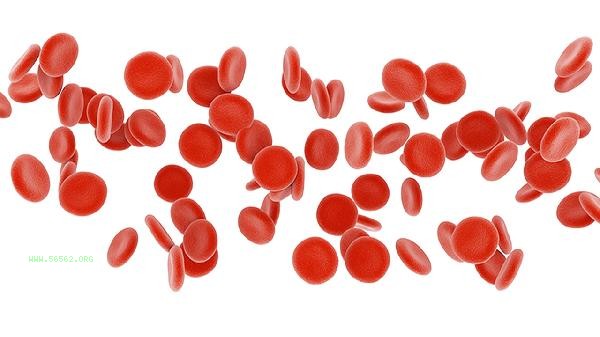The absolute value of eosinophils at 0.07 × 10 ⁹/L is mildly elevated and needs to be comprehensively judged based on clinical symptoms. Abnormal eosinophils may be related to allergic reactions, parasitic infections, autoimmune diseases, hematological disorders, drug reactions, and other factors.

1. Allergic reactions:
Allergies to pollen, dust mites, or food can stimulate an increase in eosinophils, often accompanied by symptoms such as skin itching, urticaria, or nasal congestion. Mild allergies can be improved by avoiding contact with allergens, and repeated episodes require allergen testing.
2. Parasitic infection:
Intestinal parasitic infections such as roundworms and hookworms are common causes, which may be accompanied by abdominal pain, diarrhea, or weight loss. Fecal egg examination can confirm the diagnosis, and after deworming treatment, the indicators can often return to normal.
3. Autoimmune diseases:

Rheumatoid arthritis, systemic lupus erythematosus, and other diseases may cause abnormalities, usually accompanied by typical symptoms such as joint swelling and pain, rash, etc. Further identification is required through immunological tests such as anti nuclear antibodies.
4. Hematological disorders:
Hematological disorders such as chronic myeloid leukemia and eosinophilia can lead to significant elevation, which may be accompanied by fever and fatigue. Bone marrow puncture examination is the gold standard for diagnosis.
3. Drug reactions:
Penicillin, cephalosporin antibiotics and other drugs may cause drug hypersensitivity reactions, and the indicators may gradually decline after discontinuation. If rash or fever occurs during medication, seek medical attention promptly.

It is recommended to regularly review blood routine and observe changes in symptoms to avoid exposure to known allergens. Maintaining a balanced diet and supplementing with moderate amounts of vitamin C and vitamin E can help regulate immune function. When there is a sustained increase or accompanied by symptoms such as fever and weight loss, specialized tests such as parasite screening and bone marrow examination should be completed. Pay attention to food hygiene in daily life, separate raw and cooked ingredients, and avoid drinking raw water when traveling.









Comments (0)
Leave a Comment
No comments yet
Be the first to share your thoughts!